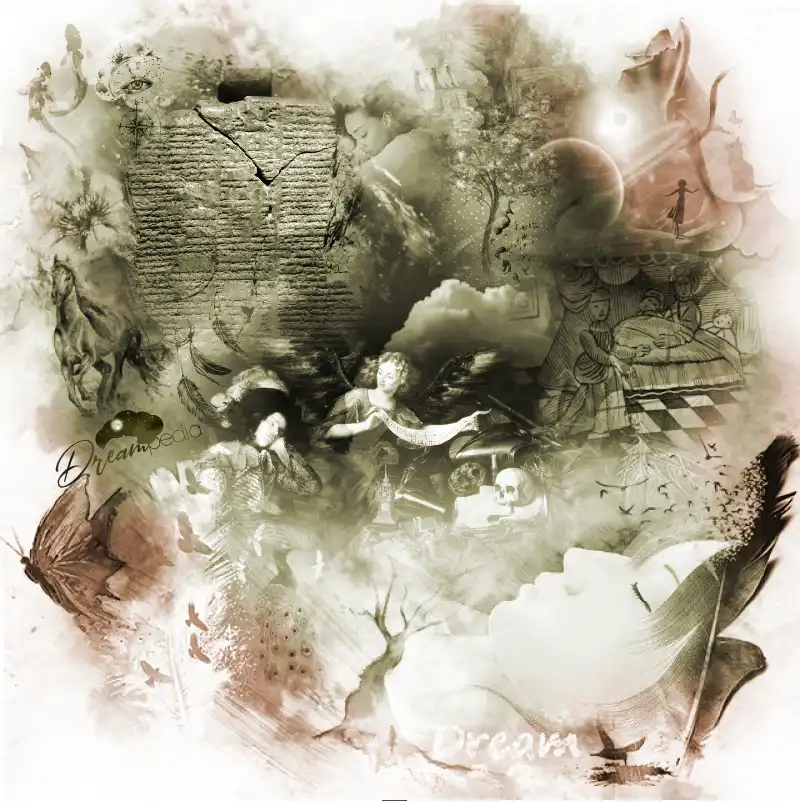Dreams, it seems, have fascinated the entire human race from earliest times. And until quite recently, most cultures have set great store by dreams. For example, in ancient Egypt the high priests used dreams for prophecies. There still exists a papyrus book of dreams dating back approximately 3,500 years in which dream symbols are interpreted, proving that the Egyptians took their dreams seriously.
In ancient Greece, people believed that dreams were a direct contact with the gods. One of the principal uses of dreams was for healing. Sick people went to special temples that were dedicated to dreaming as a curative method. There, a physician would help to induce a dream, which the physician would then interpret as a guide to the treatment of the ailment, and its cause as well. In modern times, the father of psychoanalysis, Sigmund Freud, drew upon the writings of Artemidorus, a Greek who lived in the second century B.C.E. whom Freud much admired. Artemidorus’s books have been preserved for over two thousand years and were in constant use as references before the scientific revolution put dreams into the category of “unimportant nonsense.”
At the time of the Italian Renaissance, when rational thinking was beginning to come to the fore, dreams began to be dismissed as trivial by-products of sleep. William Shakespeare denounced dreams as “the children of an idle brain.” (On the other hand, he wrote eloquently on the nature of dreams in his play Hamlet!) John Dryden, an English philosopher, dismissed dreams as the result of indigestion or infection. The bias against dreams continued through the nineteenth century, when most people thought that dreams were caused by some external stimulus—such as a knock on the door making a person dream the house was being burglarized. Aside from such shallow interpretation, most ordinary people, doctors and philosophers, church fathers and professors, believed that dreams had no meaning and saw no need to heed them.
In his autobiography, Memories, Dreams, Reflections, Dr. Jung tells of a dream in which he was a guest at a garden party. Another guest was a woman from the town of Basel, a good friend of both Jung and his sister. In the dream, Jung says, he instinctively knew the woman from Basel would die. However, when he woke up he had no idea who the woman was in real life, though the dream was exceptionally vivid. He writes, “A few weeks later, I received news that a friend of mine had a fatal accident. I knew at once that she was the person I had seen in the dream but had been unable to identify.”
It took the work of Sigmund Freud to open people’s eyes once more to the possibility of dreams being important and useful. Though Freud was obsessed with sexual meanings in dreams to the exclusion of all else, he performed a useful service with the publication of his book on dream interpretation. However, his narrow view held that dreams were mere “wish fulfillment” and a substitute for sexual satisfaction. Fortunately, one of his student colleagues, Carl Gustav Jung of Switzerland, disagreed with Freud and formulated a more comprehensive theory of dream analysis.
Jung researched the previously unstudied territory of the unconscious and came up with the idea of a collective unconscious, through which all people were connected by a common store of knowledge and experience that often revealed itself in dreams.

